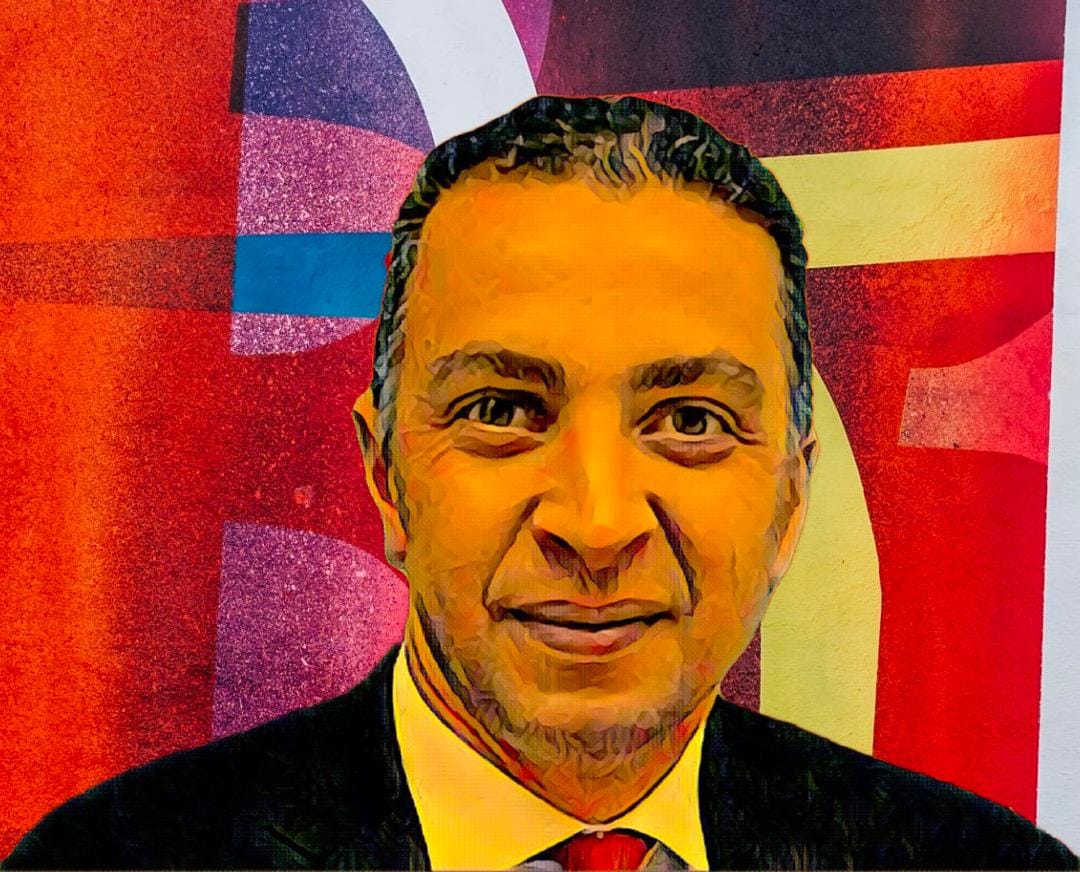Egyptian tycoon Ahmed El Sewedy’s electric firm signs contracts worth $113 million to execute Toshka Project

El Sewedy Electric for Trading and Distribution, a wholly owned subsidiary of El Sewedy Electric Company, has signed three new contracts totaling EGP2.2 billion ($113.7 million) to carry out the South Valley development project in Toshka, Egypt.
El Sewedy Electric is a multinational manufacturer of cables and electrical equipment led by Egyptian multimillionaire businessman Ahmed El Sewedy. The firm is involved in several development projects in Egypt, as well as the Middle East and North Africa.
According to the terms of the contracts that it recently signed through its subsidiary, New Valley Project, or Toshka Project, which consists of constructing a system of canals to carry water from Lake Nasser to irrigate sandy wastes in Egypt’s Western Desert, will be completed within six months of the site’s receipt.
The announcement comes nearly two weeks after the company completed a bus charging unit in Cairo’s Adly Mansour Central Metro Interchange Station as part of a project that included the supply, installation, and operation of four constant current chargers, including two 60-kilowatt chargers and two 120-kilowatt chargers.
The electrical bus charging units fall under Egypt’s plans to make a quick transition to sustainable energy alternatives.
El Sewedy Electric has been at the forefront of a number of development projects in Egypt, which has played a significant role in its financial performance, as it continues to benefit from promising awards pipeline and responsive pricing measures to macroeconomic inflationary pressures.
The group’s revenue rose by 51 percent in the first quarter of 2022, from EGP12.3 billion ($661 million) to EGP18.57 billion ($998 million), boosted by a 64-percent increase in revenue from turnkey projects and a 47.5-percent increase in wire and cable sales.
Despite strong double-digit revenue growth, earnings increased by a single digit from EGP769.5 million ($41.35 million) in the previous period to EGP828 million ($44.51 million), owing to downward pressures from increased salaries associated with new acquisition consolidations as well as increased selling expenses and freight costs.